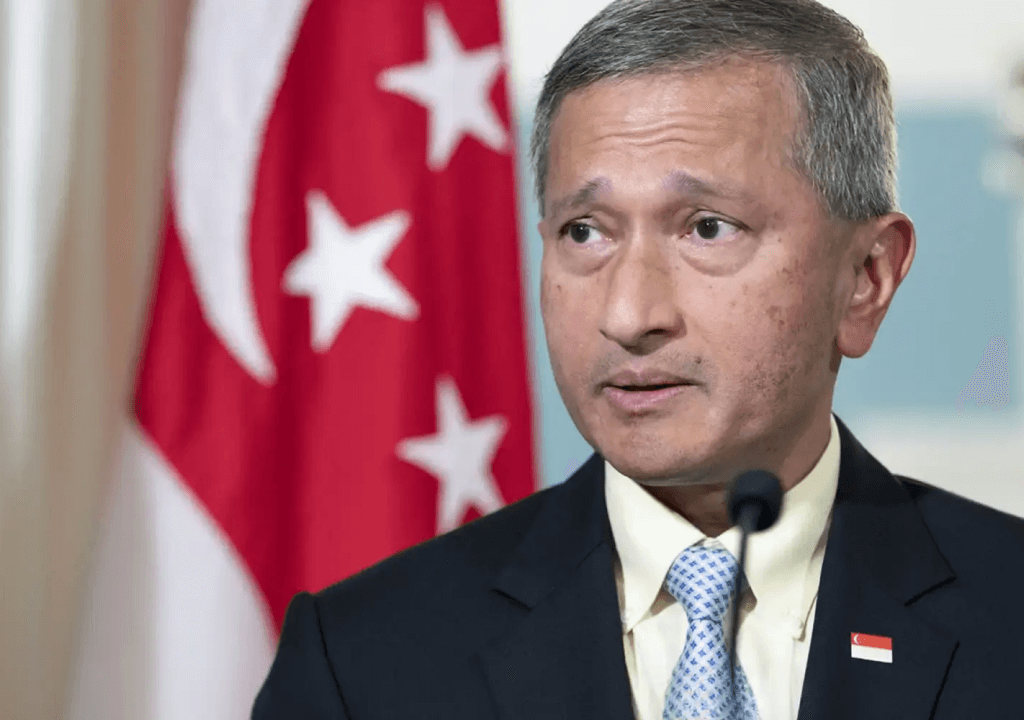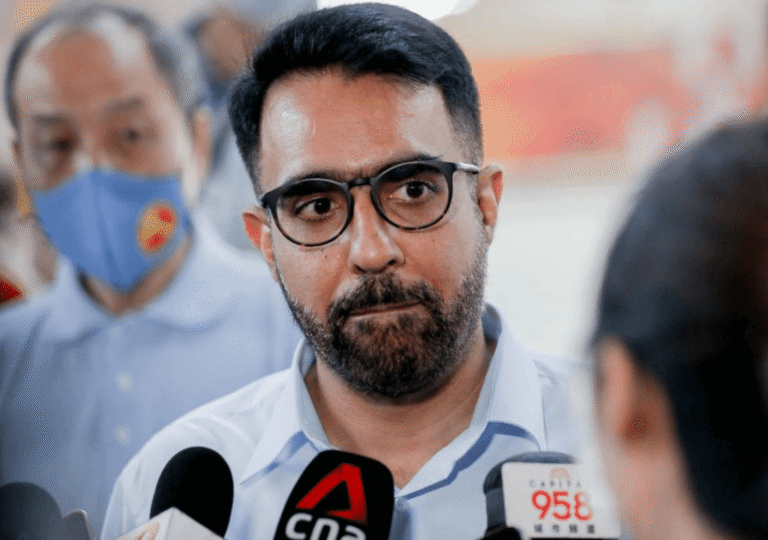Singapore, Asia’s business hub, has a great relationship with Israel, unlike their Islamic neighbors Malaysia and Indonesia. Singapore doesn’t recognize Palestine even though they have a Muslim population and are a parliamentary democracy. When we examine Asia’s politics, it is interesting to note the dynamics. In Asia, Muslim countries from Saudi Arabia to Indonesia follow the policy of supporting Palestine and not recognizing Israel. Democratic countries like India recognize both Israel and Palestine. Only hardline U.S. allied countries like Japan, South Korea, Taiwan, and Myanmar, a closed country, do not recognize Palestine. But In an interesting turn of events, Singapore is now getting ready to recognize Palestine finally.
According to Vivian Balakrishnan, the Minister for Foreign Affairs, speaking in parliament on Tuesday, Singapore is prepared to recognize Palestine as a sovereign state if it establishes an effective government that denounces terrorism and accepts Israel’s right to exist, specifically in reference to the Palestinian Authority governing from the West Bank. It is noteworthy that Singapore will recognize Palestine only if such a government is formed. Many believe it is a tricky move by Singapore, and that Singapore will delay the recognition because there is no recognizable government now, and they are only seeking further cooperation with the Palestinian Authority. But Some believe Singapore will join Spain, Sweden, and other Western allied countries in recognizing the Palestinian Authority government from the West Bank to denounce Israel’s actions in Gaza. It’s sure, Singapore will maintain its friendship with Israel and their recognition of Israel. The two-state solution, or recognition of both states, has been a strategy followed by different countries to demonstrate their diplomatic standing. However, the issue of Palestine has been in the spotlight in Singaporean politics due to the large Malay Muslim population and the influence of neighboring Malaysia and Indonesia.
Vivian Balakrishnan was addressing five questions raised by Members of Parliament about Palestine and Singapore’s aid in reconstruction. Dr. Balakrishnan noted that in May this year, Singapore voted in favor of the resolution expressing support for Palestine’s membership in the United Nations after “Very careful consideration”. “This reflected our hope to encourage both Israel and Palestine to resume direct negotiations towards a two-state solution, at a time when the prospects for such negotiations were increasingly bleak”, he said. The decision was also in line with Singapore’s consistent support for the principles of international law, he added. “Our vote at the United Nations General Assembly means that Singapore is prepared in principle to recognize the State of Palestine”, said Dr. Balakrishnan. “We will make this move at an appropriate time”. “Our key consideration is that such a move on our part should help progress toward peace and a negotiated two-state solution”.
Singapore has almost a 15% Muslim population, which is a significant number in a parliamentary democracy. Although fundamentalism and extremism are comparatively low compared to neighboring countries where people support Hamas, Singapore has not been much involved. However, the recent change in mood is notable, with the voting in the UN and statements from leaders, including the recent speech by Vivian Balakrishnan in parliament, bolstering this shift. Despite this, Singapore’s heavy dependence on the Western financial system and its strong relationship with Israel means it is unlikely to jeopardize these relationships. Throughout his speech, Vivian emphasized the two-state solution, which is supported by many countries like India, China, and Spain, and highlighted that Singapore does not support Hamas, designating it as a terrorist organization, and will only deal with the PLO. It’s sure, the recognition will disturb Israel, but it is the best course of action for Singapore at the moment.







